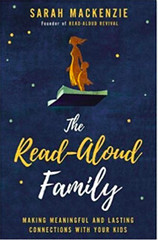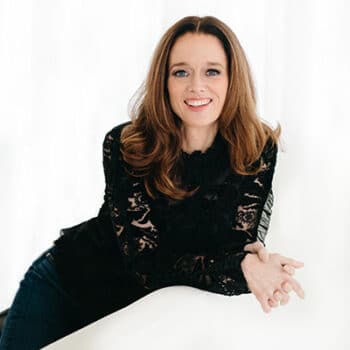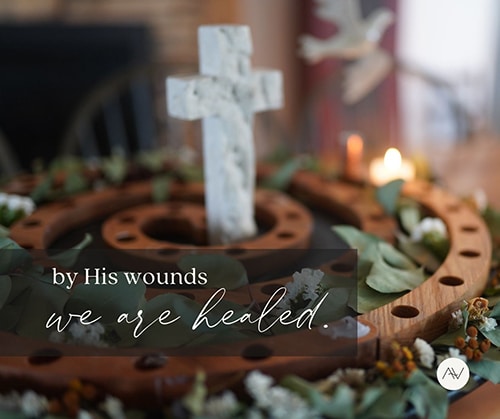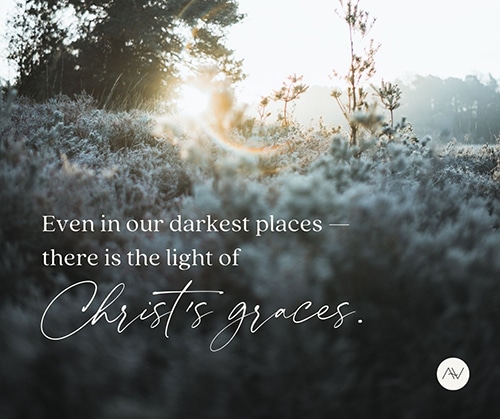When Sarah Mackenzie began reading aloud to her children, she could not have known the tremendous gift such a simple act would turn out to be. She’s been reading aloud to her six kids (preschool to high school) ever since, and has spent the last few years chatting with experts, authors, parents, and leaders, discovering how a simple choice to pull a book off a shelf and share it with a child is one of the very best decisions a parent can make. What began as a simple act has turned into a full-blown revolution, as tens of thousands of families all over the world now tune in to Sarah’s weekly Read-Aloud Revival podcast, a show dedicated to helping parents make meaningful and lasting connections with their kids through books. It’s a grace to welcome Sarah to the farm’s front porch today…
When Rebekah Gonzalez was elementary-school-age, her mother, Toni, read aloud Johnny Tremain by Esther Forbes.
Set in Boston during the events leading up to the Revolutionary War, the book tells the story of a fourteen-year-old apprentice silversmith. After Johnny’s hand is disfigured and disabled, he ends up working as a horse-riding messenger for the Sons of Liberty.
As her mother read the book aloud, Rebekah fell fast for Johnny, thoroughly enjoying his adventurous story of loyalty and courage.
The next summer, Rebekah attended VBS and came home each night to talk incessantly about her new best friend, Billy.
Every night, she told her mother about the funny things he had said, how smart he was at Bible memory, his cool T-shirt and stylish hair, his award for Camper of the Day.
Toni wasn’t able to meet Billy until the final day of VBS. When Rebekah called Billy over to introduce him to her mother, Toni received a surprise.
Billy made his way over to Rebekah and Toni, leaning heavily on his walker.
It was only then that Toni realized something: Billy had cerebral palsy. During all of those conversations about her new best friend, Rebekah had never once mentioned it.
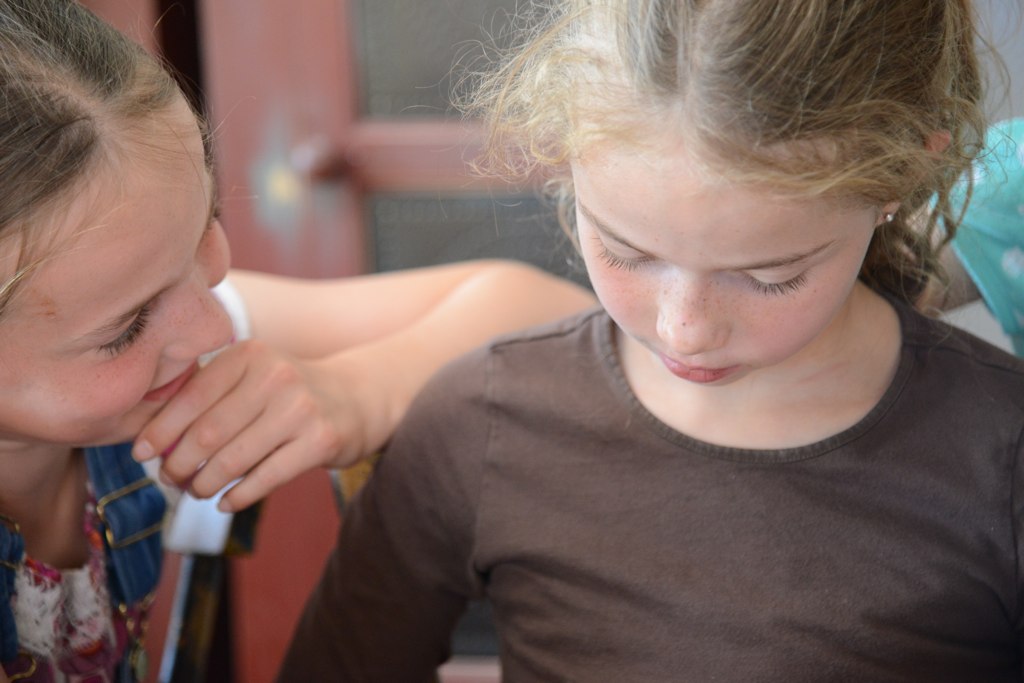
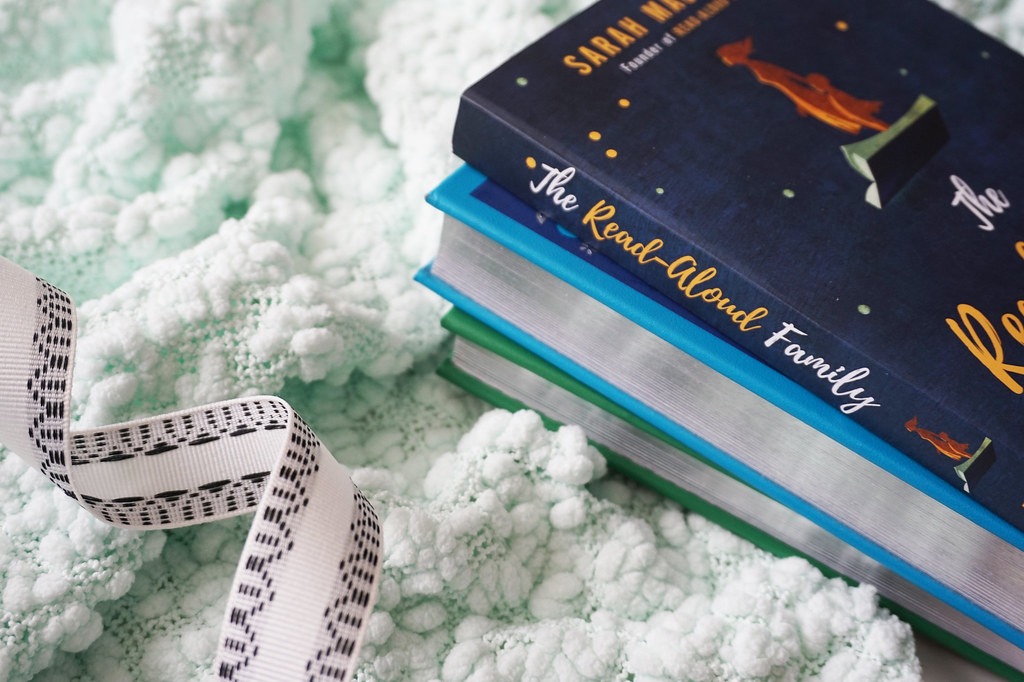
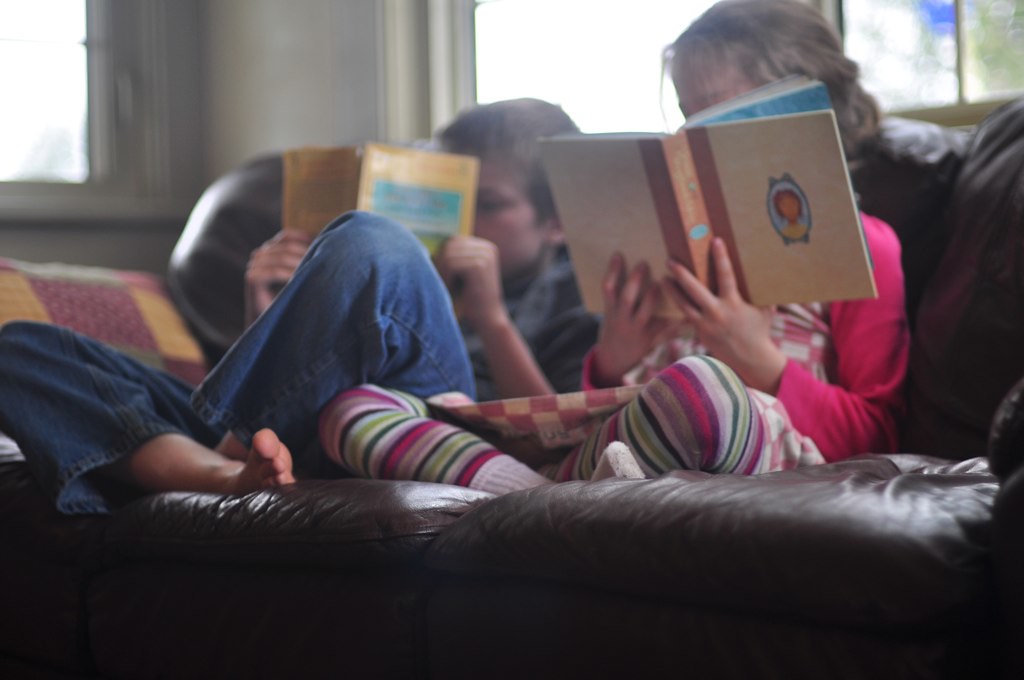
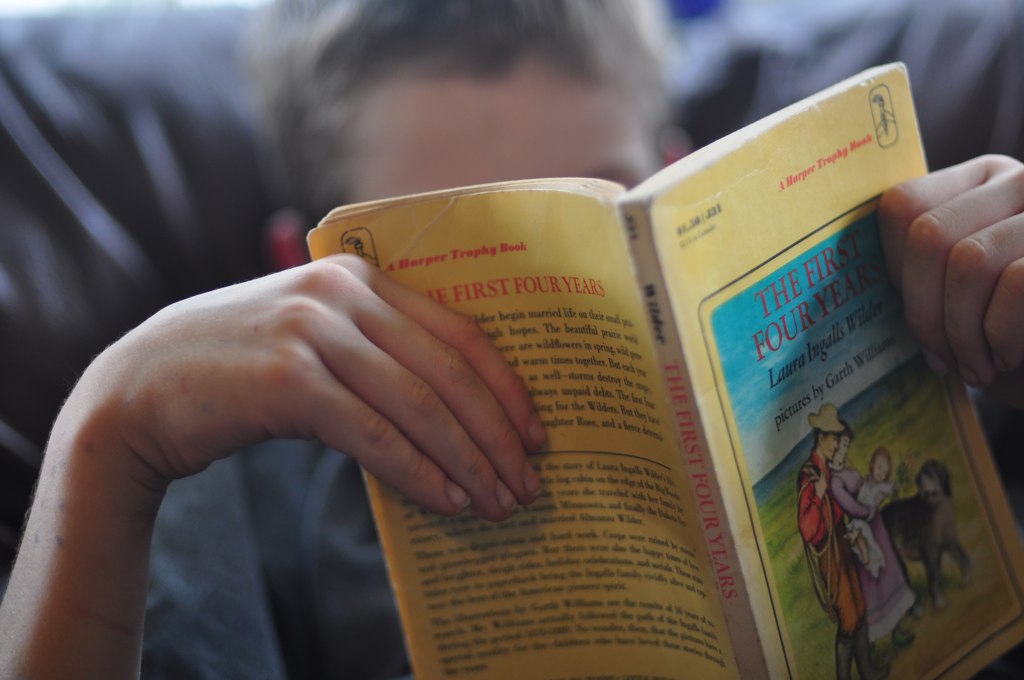
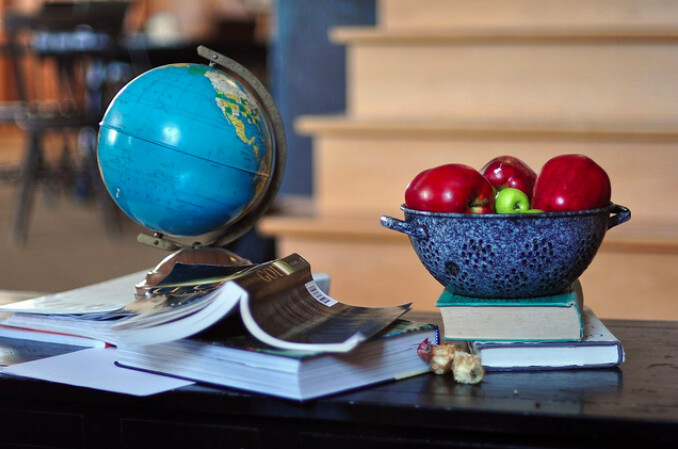



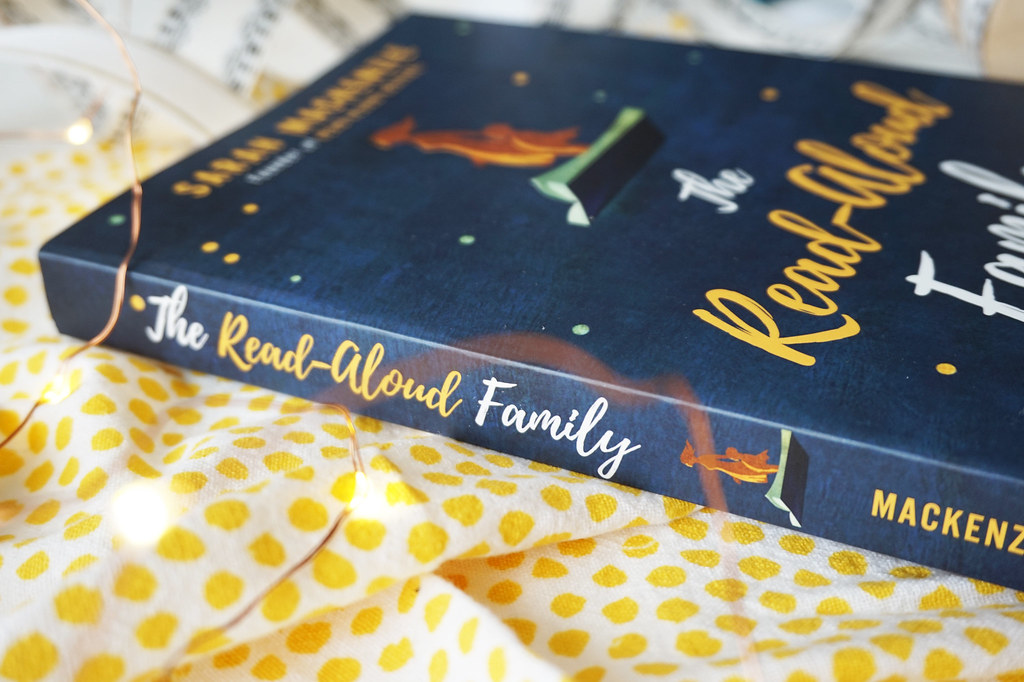
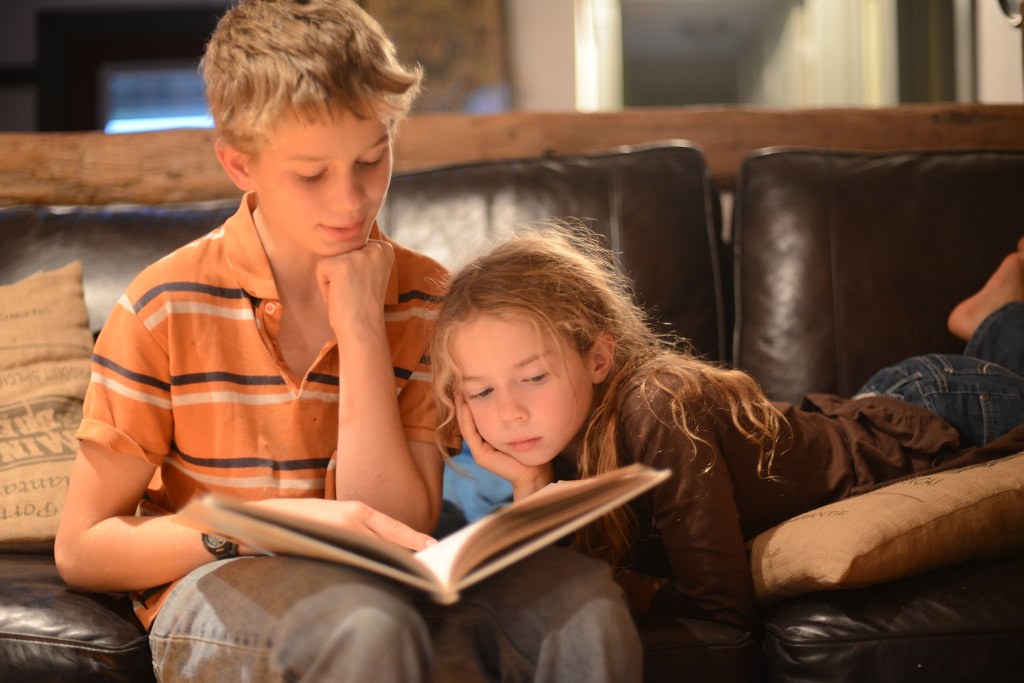
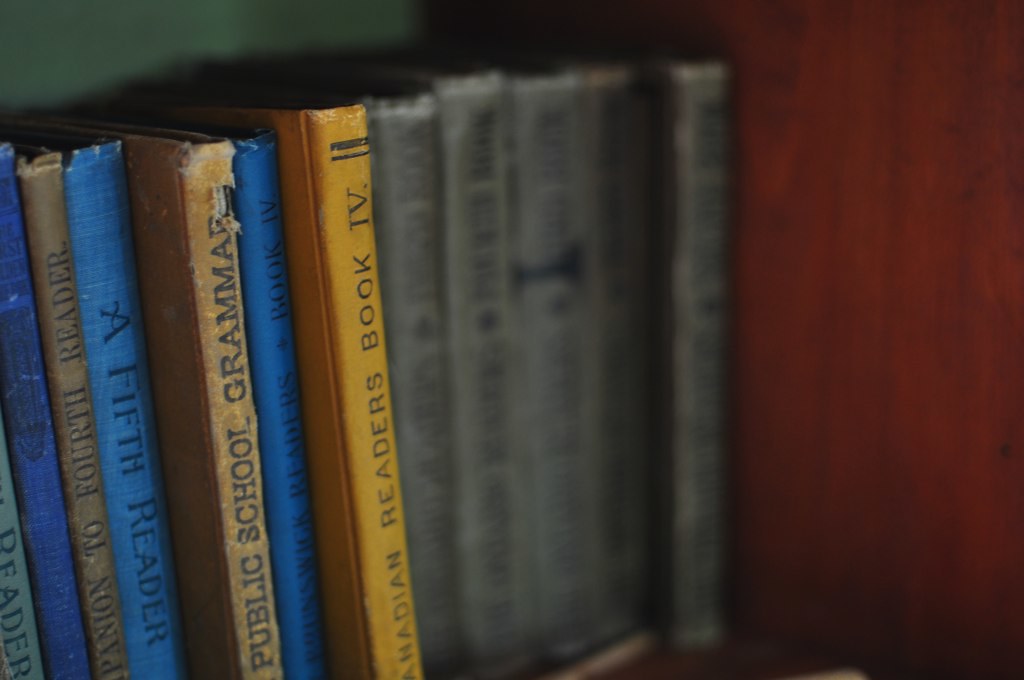
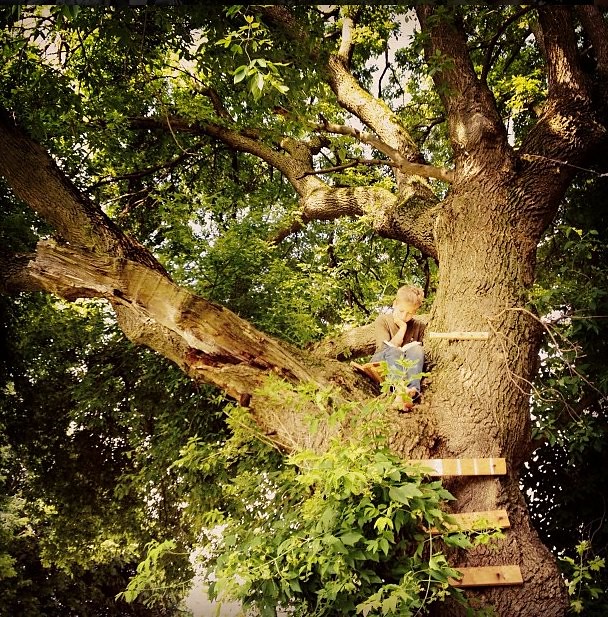
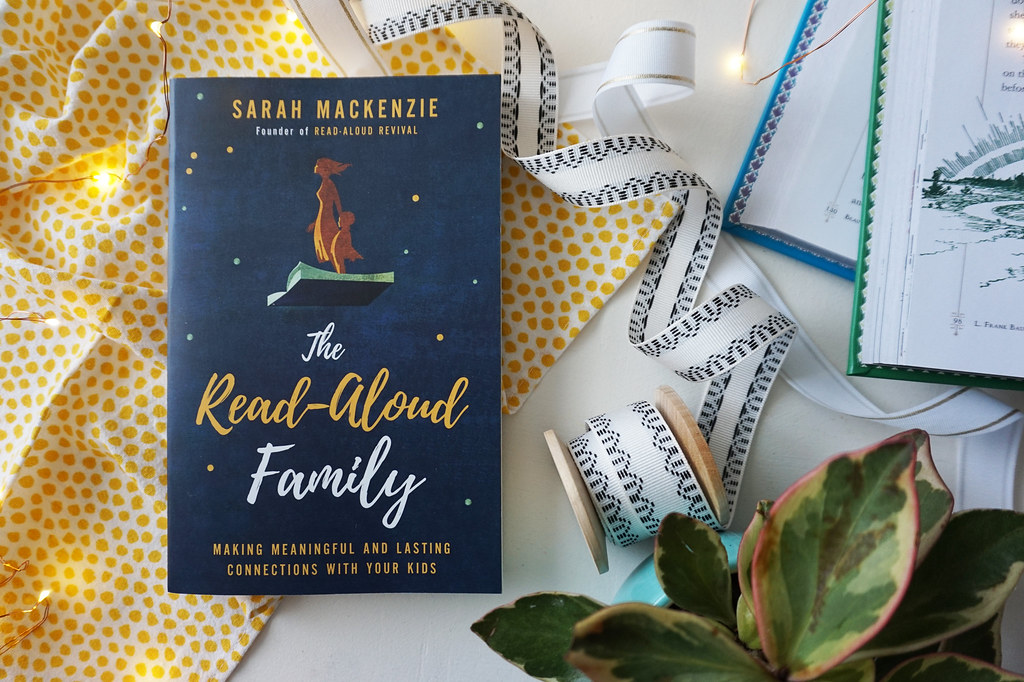
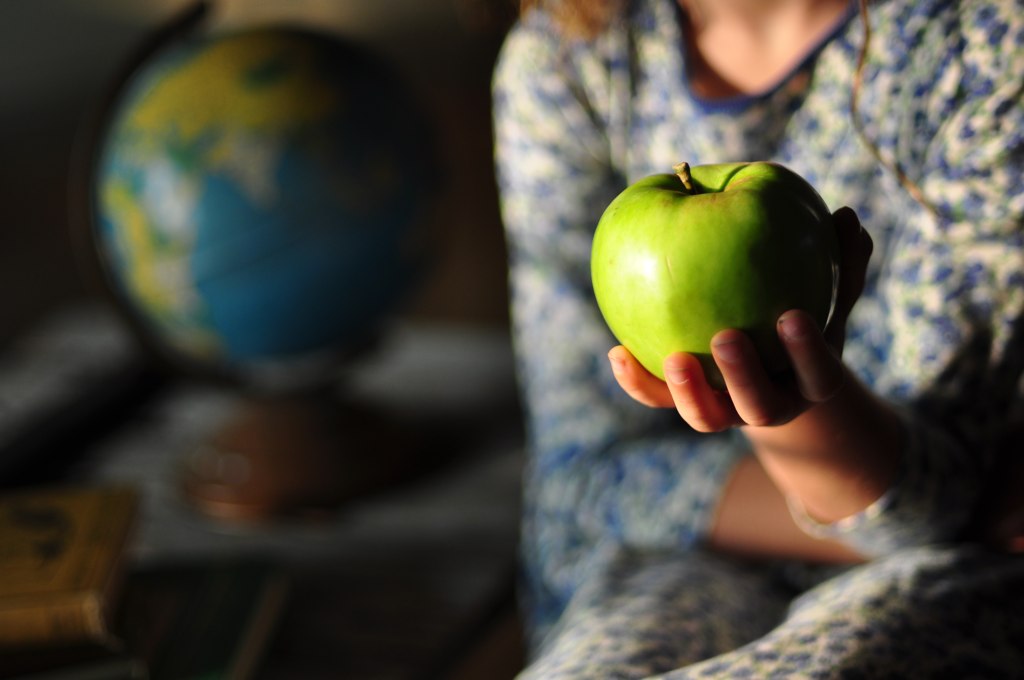
That day, Toni noticed that most of Rebekah’s VBS classmates were uncomfortable in Billy’s presence.
When she asked her daughter about the new friendship, Rebekah credited her fictional friend Johnny Tremain, who had taught her what it might feel like to be disabled and therefore different from everyone else.
When we finish the final chapter of a book that has touched us on a deep level and we slip back into our own shoes, we are never quite the same. We’re changed.
We start the book in one place and leave it in quite another—more merciful, more understanding, maybe a little more compassionate than we were before.
Had Rebekah’s mother not read the fictional story of Johnny Tremain to her daughter, that VBS experience might have been rather different—different for Rebekah, and surely different for Billy as well.
What better education can we offer our children than the shaping of their hearts to love others as we have been loved by God ourselves?Charlotte Mason, a nineteenth-century educator, said as much when she taught that it’s not how much children know that matters—it’s how much they care.
It’s tempting to idolize certain aspects of education. We value good grades, high test scores, elite college degrees, and lucrative careers.
But our obsession keeps us from remembering what education is for.
Education is for love.
Is the main reason we want an excellent education for our children so they can outperform their peers? So they can rank higher, get promoted faster, become more financially successful than their colleagues and friends?
Or do we want our children to become educated so they can follow the two greatest commandments: love God and love one another?
What better education can we offer our children than the shaping of their hearts to love others as we have been loved by God ourselves?
“Above all,” we read in 1 Peter 4:8, “love each other deeply, because love covers over a multitude of sins.”
As Christians, we know our prime task is to love. Jesus Christ made that abundantly clear when he said that the greatest commandment is, “Love the Lord your God with all your heart and with all your soul and with all your mind,” and then followed it up with a second commandment: “Love your neighbor as yourself.”
Education is at its best when we use it to help our children feel another person’s pain or joy. A good education teaches us—and our children—to love fully and to love well.It includes the practice of listening—for we must truly listen to others in order to understand them. And it is only by understanding others that we can love them the way we are called to love them.
And so we read Out of the Dust by Karen Hesse and wonder, for the first time, what it must have been like to survive Oklahoma’s Dust Bowl in the 1930’s. We consider life with dirt in every bit of food, settling under our eyelids, lining our beds.
Or we board a ship with Hà, the main character in Thanhha Lai’s Inside Out and Back Again. We become her companion after the Fall of Saigon and see America for the first time through the eyes of a frightened refugee.
We sleep under a bridge on the River Seine with Suzy, Paul, and Evelyne in Natalie Savage Carlson’s The Family Under the Bridge. We learn what it means to be homeless, hungry, and in need.
We experience the Danish resistance through the eyes of ten-year-old Annemarie in Number the Stars. We tremble with fear at the horror of the Nazi occupation and swell with compassion for those who were forced to hide or flee.
We go to school with August Pullman in Wonder by R. J. Palacio, and we find out what it feels like to be disfigured and dismissed by peers. To be shunned.
Empathy, of course, is only the beginning. We must put legs on that empathy in order for it to become compassion.
We must turn our grief and sadness into love in action.
But stories help us take that first step with our kids.
We read with our children because it gives both them and us an education of the heart and mind. Of intellect and empathy.
We read together because stories teach us how to love.
On the immensely popular Read-Aloud Revival podcast, Sarah Mackenzie helps families all over the world make meaningful and lasting connections with their kids through books. She lives in the Northwest with her husband, Andrew, and their six kids, where she loves to make sure they are well-stocked in the best books she can find.
Sarah’s new book, The Read-Aloud Family: Making Meaningful and Lasting Connections with Your Kids, inspires parents to connect deeply with their children and transform the lives of their kids through the power of story. From a toddler’s wonder to a teenager’s resistance, you’ll discover practical strategies to make reading aloud a meaningful family ritual in your home.
[ Our humble thanks to Zondervan for their partnership in today’s devotion ]

